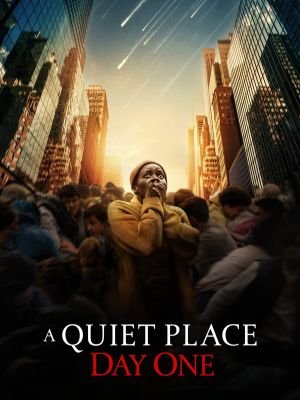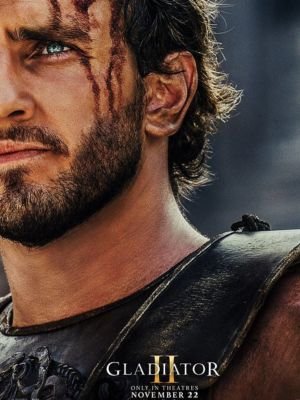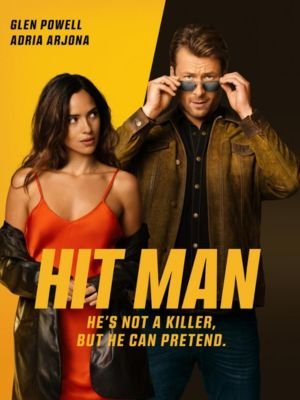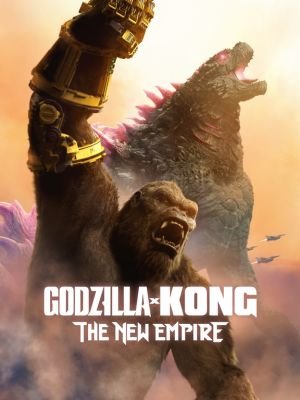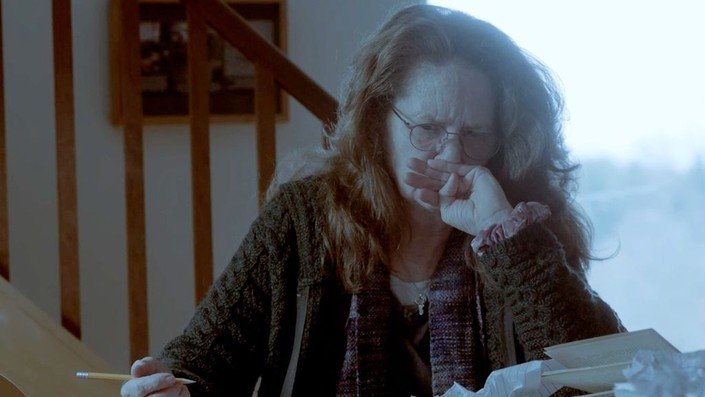
The documentary “After: Poetry Destroys Silence” highlights the contributions historians and poets make in reconstructing events of unthinkable tragedies. Where the movie’s compositional and auditory presentation complements the featuring poets, who vividly recite and elaborate on the notion of communication that accentuates the residuals of factual recitation, archival images, and dramatic reenactment.
Even as the average life expectancy increases and WWII and Holocaust witnesses dwindle, it is challenging to fathom: the excruciating reality of Nazis torturing and genociding entire communities comprised of Jews, Romani, Queer, and disabled populations. Reconstructing this period is akin to the parable of the six blind men attempting to grasp an elephant’s identity, each touching a single part and believing they know the animal in its entirety. Every analysis of these events in history requires all available forms of storytelling to firmly unite us with the embodiment of the soldiers.
Historians peruse the archives and pen their papers based on their discoveries. Artifacts and wall cards with descriptions are on display in the museums. There are operas, ballets, documentaries, movies, and even oral histories. Every year, new movies about the Holocaust and World War II come out like the new one “Blitz” slated for 2024, and last year’s movies “Irena’s Vow”, “One Life”, and “Oppenheimer”, among many others. At present, articles on the debates on the candidates and policies still reference World War Two events for proper understanding and reinforce the need to remember and learn from these tragedies and conflicts.
The poets warp the meaning of words into song, speech, oratory, and many times even spit. In this case, those who processed and survived the Holocaust are recalled. The film shows poets trying to understand why and how to tell the stories of barbaric war and genocide accompanied by loss, and recoiling from their voices as though they were already looking upon the Turner Prize winner. We are presented poems in the visual form and also in the form of sounds. Graphics, abstract or pictorial, or even impressionistic merged with evocative sound engineering by Bernhardt all streamed words across the screen. A sequence of archival photographs followed by gentle singing of snowflakes that get ornamented with fingers caressing the circular keys of an old underwood typewriter, set the stage as they, in part, depict those who were never able to make their parents’ dream come true and were there to be parents themselves.
The Adorno Theory is examined with the clash of the arts and religion, and the quote “To write a poem after Auschwitz is barbaric” is cited. Adorno, like others, believes that no form of art can ever do justice to the Holocaust, so such an attempt, which would otherwise be an insult, does not exist. The film answers that by quoting Charles Bukowski: “Poetry is what happens when nothing else can.” Not necessarily; it is so because there are places where history and the best drama fall short of covering.
Janet R. Kirkcheimer, the Daughter of Holocaust Survivors, reads a poem urging us to understand her perspective more intimately. Her poem alongside her mother’s words, “Home is anywhere they let you in” reflects the much-lived trauma of being a Holocaust survivor.
With several poems and editorials including the popular “100 Poems to Break Your Heart”, Edward Rush has given a keen insight into the world of poetry. With Rush hailing in lending us a myth through stories alongside his PhD in Folklore, it becomes quite apparent that his poetry bears distinct texture and rhythm, we hear him say: “It’s our duty as poets to resist the urge to speak about and recall what happened during the Holocaust; it was horror itself, a repulsive thing wrapped up in a fluent language attempts to respond: We are Poets and We remember”. He expects more from us, a sense of displacement to try narrating events of the late 19s god w.‘a true sense look and visualize as doe humor and now, imagining attempting to try to transpose and write wishful delusions feels more than just pretentious.
Sabrina Orah Mark, Granddaughter to Survivors, prefers writing in a more abstract, indirect manner. The poem she recounts is Kaddish which is the name given to a Jewish prayer rendered for the dead, it also points towards a shiva which is a gathering of the mourners. This is a case where a poem in the movie demonstrates so well that a poem is something best listened to rather than read. The sound comes out at least as important as the word itself with the line: “All I could hear was shiver, shiva, shhh.” The film contains a poem from a Holocaust survivor who thinks that “nothing is hopeless” but describes hunger very eloquently: “All these details are nailed into my head…I took the ground and ate it.”
And there is another work by a survivor Paul Celan. He spoke six languages and worked after the war translating Robert Frost’s and Dickinson’s poems into English. Nevertheless, when it comes to his poetry, he decided to write in “the language of the murderers of his family” until he committed suicide in 1970. This is what I want to stress further, I feel that this poem has gone through pain, so it has something poignant in it, which I am offering for your consideration, and it is placed as a note from the author it is an anonymous poem found after the war in a tin of milk buried in the Warsaw ghetto.
According to Hirsch, no culture has produced poetry at some point in history. Whoever put the poem under the earth was put in chains, denied food, and ultimately died, yet writing a poem that had the hope of someone sometime feeling the same provided relief, a voice.
His most notable work is the arousing WHERE EM MY TEACHERS AT, where he talks about why he makes kids wonder and criticize but also makes them question and apologize, is another poem that resonates with the shear and haunting sadness of the suicide of his loved one, in this case, Mali’s wife.
Alicia Suskin Ostriker, A well-known feminist poet explains the power of poetry and once said “There are many things that explanation cannot address. Poetry is indeed what trauma poets do.” She elaborates that it is the fund of the poem economy, which on first consideration ordinarily looks enigmatic, that makes us want to take part in it. “What is not said is just as important because it pulls the audience in and makes them be co-creators of the poem.” Just as One was, so is this film About the poets – in the end it makes us share the words of the poets.
Watch free movies on Fmovies.

